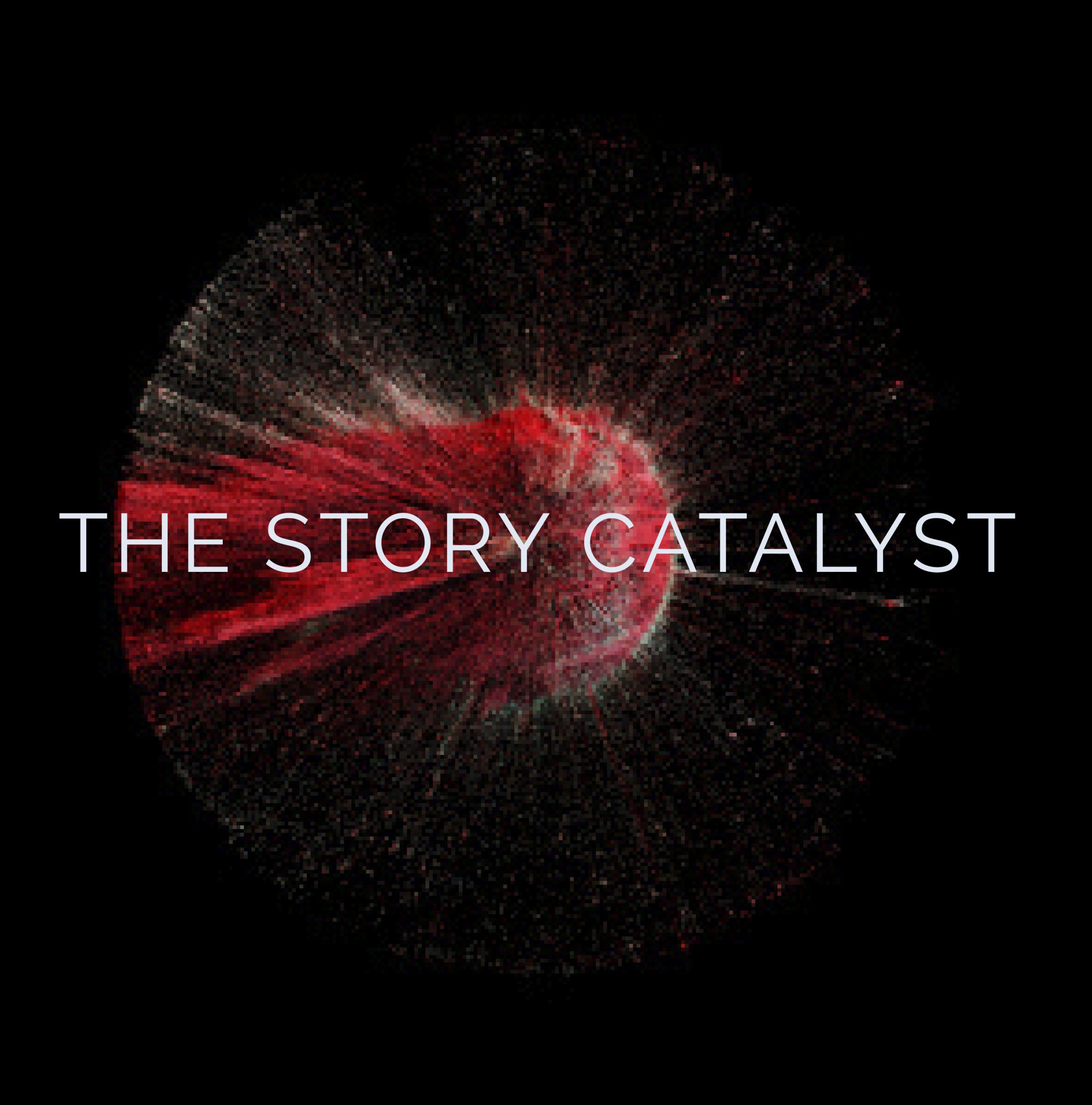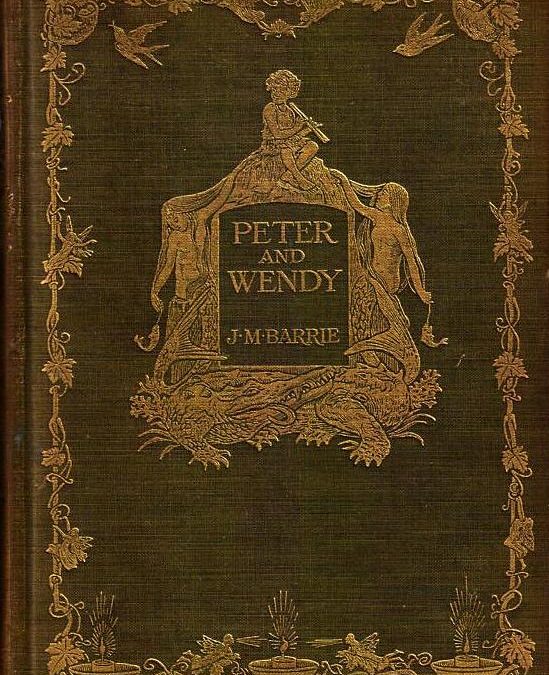Peter Pan, magical kisses and the place where we can come home
When the twins were small, we used to make up stories together, stories that would carry us to deep into wild, enchanted forests or set us sailing on the high blue seas, stories that would catapult us to space stations looking back on a beautiful but wounded Mother Earth.
Stories give you permission to go anywhere. Children are fascinated with stories, and this is why we love sharing stories with a child. Their faces light up because their imagination has no limits. In a story, the characters can have any powers and do anything they like.
Here is where story has endless possibilities, and the latest neuroscience research shows why they are vital for our survival.
Which one am I, Mommy?
Stories give us a way to engage with difficult challenges. Think about the way that you, as a child, experienced Peter Pan, for instance, as Peter or as Wendy or as the Lost Boys. Are you the lost boy seeking a mother? Are you Peter seeking to delay adulthood? Or Wendy seeking a rite of passage into womanhood?
And then, as an adult, you get to sit in the other roles, as the idealized mother who bears the hidden kiss at the corner of her mouth. What is it, actually? A dimple, a smile, a shadow. It is invisible but charmed, the remnant of the freedom of the imagination and its nurturing power. The kiss is youth itself, and holds the redemptive line of the story. When Wendy becomes a woman, she will carry this magical kiss at the corner of her mouth.
Or perhaps you are the father or Captain Hook, typically played by the same actor, two far edges of the frontier of manhood without womanhood, without the softening glow of wife and mother. The father is comical and confused, needing the bracing beauty of Mrs. Darling. Captain Hook represents the ultimate end of the Peter Pan’s never-grow-up narrative, as he proclaims, “I’m old, alone and done for.”
Just past the second star
Stories help us try it on for size. They can safely take us to wild and dangerous frontiers, where we might fall out of the sky as we fly “second star to the right and straight on ‘til morning.” They can carry us to the high seas, where the open jaws of alligators await at the end of the plank. Do I want to be a Lost Boy forever? Can I come home, and what do I come home to? What would it be like to be a pirate forever? What if I became a free boy like Peter Pan, and not a girl who must become a woman? What if I could believe, as Peter says, “that one girl is of more use than twenty boys”? What if the boys built a house for me, the Wendy?
When a child enters a story, it is always from within. The child engages as a participant, not merely an observer. “Which character am I, Mommy?” the child will ask. From inside the story, the imagination of the child can act with power and strength that the child does not yet possess. Anything and everything is possible.
Our longing comes home
“Narrative is a dramatic form of continuity created by longing,” writes the Irish poet and philosopher John O’Donohue in his seminal book, “Eternal Echoes. We long to play it out, and narrative offers the continuity that helps us make sense of it.
It is also the place where human desire can return home. In a story, the hero always returns home with the elixir. The longing we did not know how to name has come home with a new understanding.

